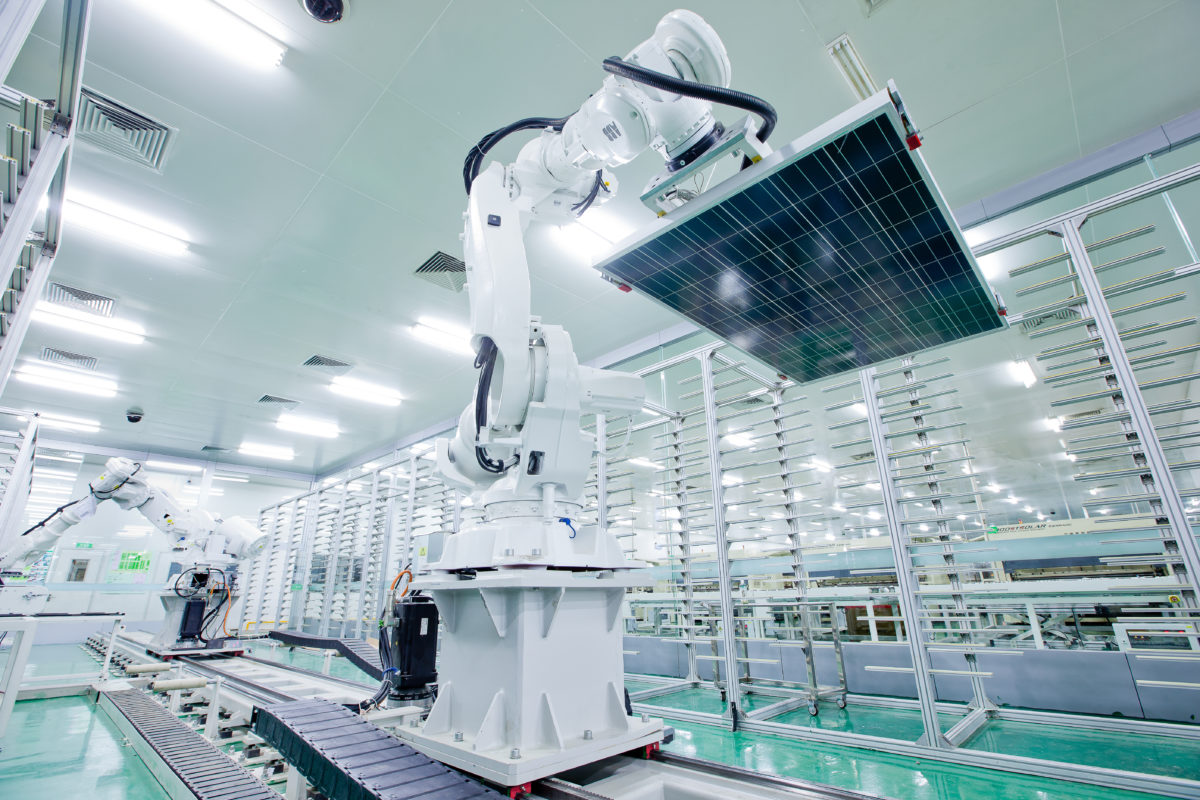Chinese solar manufacturer JinkoSolar has achieved 24.79% conversion efficiency for an n-type, TOPCon, monocrystalline-silicon cell.
The company says the result, certified by Germany’s Institute for Solar Energy Research in Hamelin, is a world record for a large-size, contact-passivated cell. Jinko broke its own record in January, when it hit 24.2% efficiency.
In May 2018, Jinko’s best device had a reported efficiency of 23.95%, up from the 23.45% recorded in November 2017. Those landmarks were both certified by the Photovoltaic and Wind Power Systems Quality Test Center at the Chinese Academy of Sciences.
The latest Jinko cell features a 267.72cm2 monocrystalline silicon substrate grown using the Czochralski method.
The manufacturer said it had applied several technologies to get the result, including passivating contacts, an advanced diffusion system, surface passivation and an advanced anti-reflection technique. Material upgrades were also integrated into the cell process, said Jinko. “The record-breaking monocrystalline silicon solar cell will be gradually applied to product production,” said the company.
In January, Jinko said its cell was based on its HOT design and featured tunnel-oxide passivating contact (TOPCon) technology.
This content is protected by copyright and may not be reused. If you want to cooperate with us and would like to reuse some of our content, please contact: editors@pv-magazine.com.




8 comments
By submitting this form you agree to pv magazine using your data for the purposes of publishing your comment.
Your personal data will only be disclosed or otherwise transmitted to third parties for the purposes of spam filtering or if this is necessary for technical maintenance of the website. Any other transfer to third parties will not take place unless this is justified on the basis of applicable data protection regulations or if pv magazine is legally obliged to do so.
You may revoke this consent at any time with effect for the future, in which case your personal data will be deleted immediately. Otherwise, your data will be deleted if pv magazine has processed your request or the purpose of data storage is fulfilled.
Further information on data privacy can be found in our Data Protection Policy.